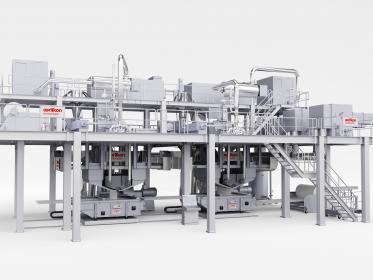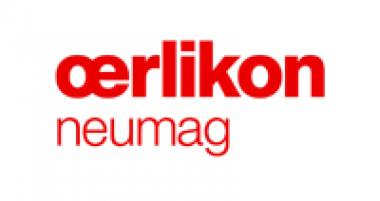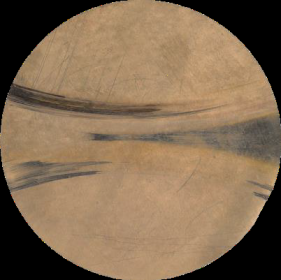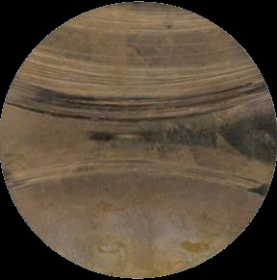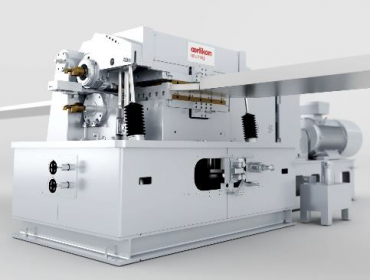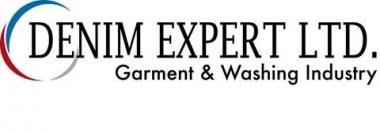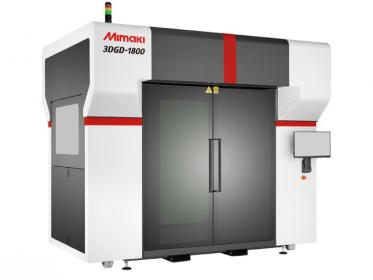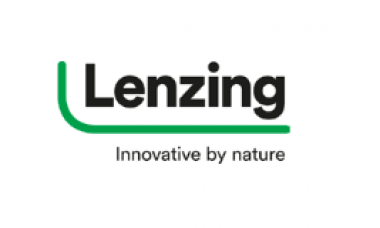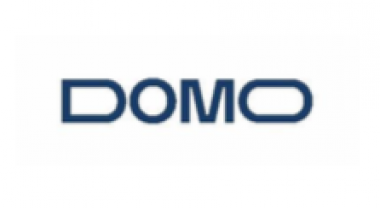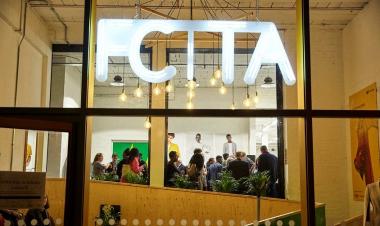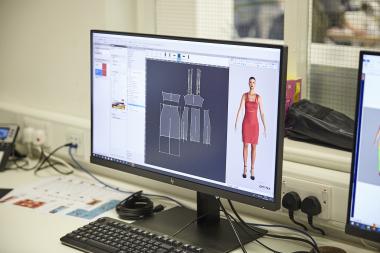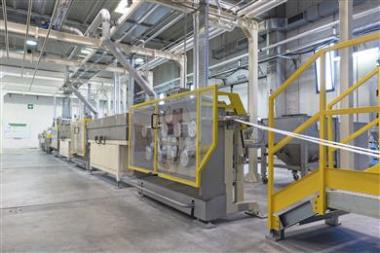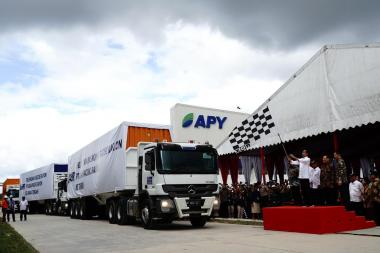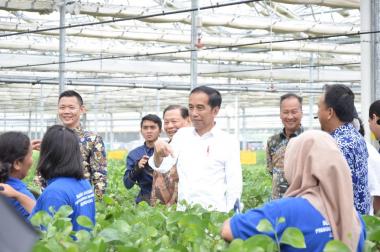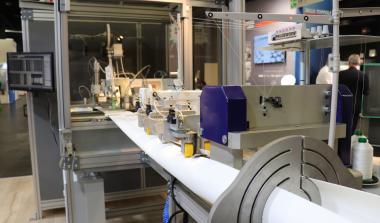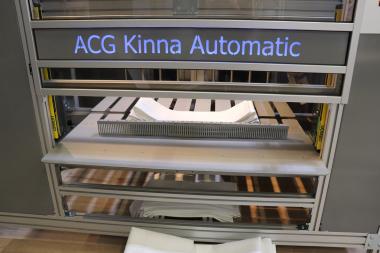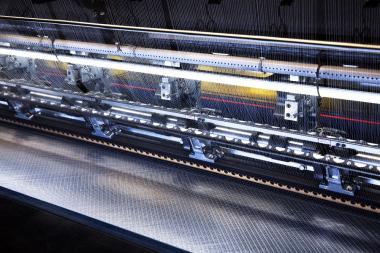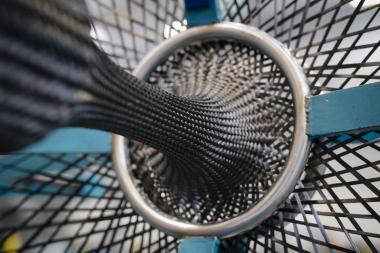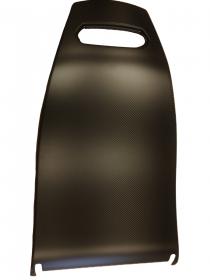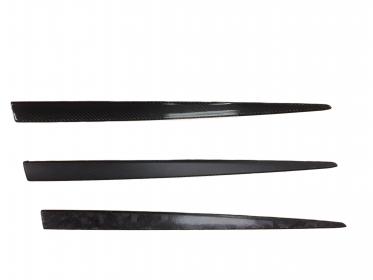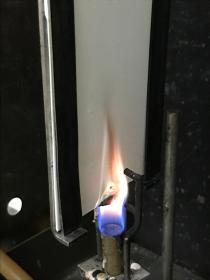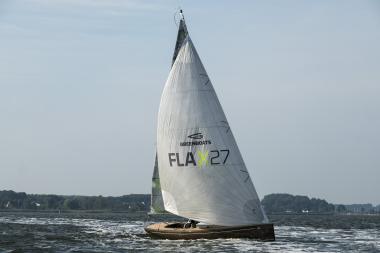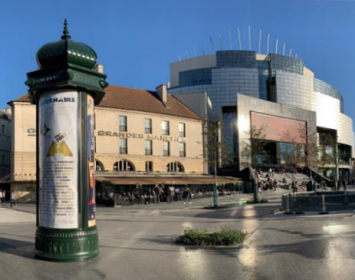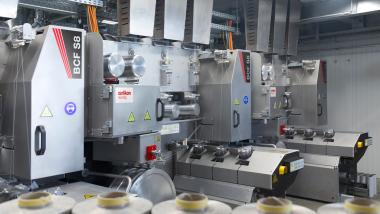Oerlikon Nonwoven large-scale meltblown sold to Asia
The 2-beam system has an operating width of 1.6 meters and is equipped with the new patented Oerlikon Nonwoven electro-charging unit. The Oerlikon Nonwoven meltblown technology is recognized by the market as being the technically most efficient method for producing highly-separating filter media made from manmade fibers, particularly in conjunction with electrostatic charging and with extremely low-pressure loss. Electro-charging the filter nonwovens allows the manufacture of sophisticated EPA- and HEPA-class filter media as well as media that comply with the requirements of N95-, FFP2- and FFP3-class respiratory masks.
The demand for filtration nonwovens for medical applications has risen tremendously across the globe since the outbreak of the Sars-CoV-2 (coronavirus) epidemic, presenting all manufacturers with huge challenges. A meltblown system will be commissioning at the site of a leading Western European nonwovens producers as early as the second quarter of 2020. This system will be deployed exclusively in the manufacture of nonwovens for respiratory masks.
Due to the current state of emergency with regards to the local supply of face masks, Oerlikon Nonwoven is currently using its own laboratory system to produce electrostatically-charged filter media which are being sent to local small businesses and companies for the manufacture of face masks.
Oerlikon Nonwoven
Oerlikon Manmade fibers


